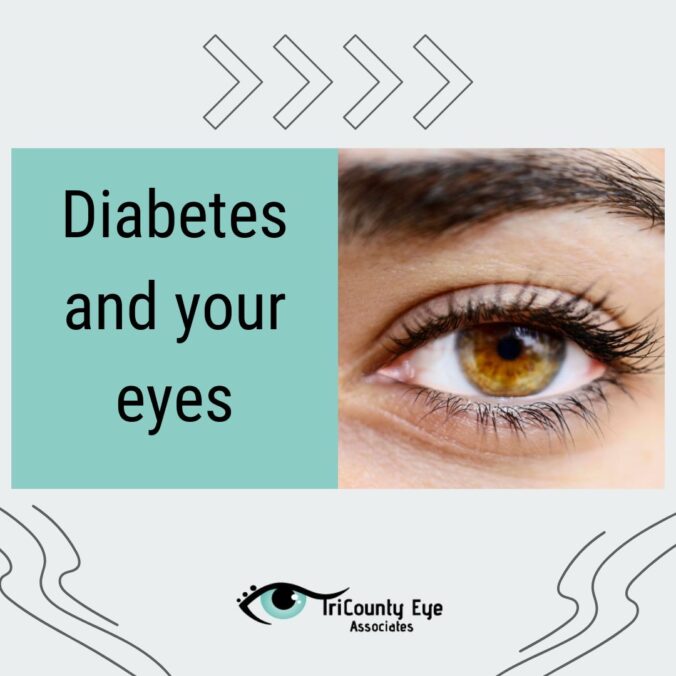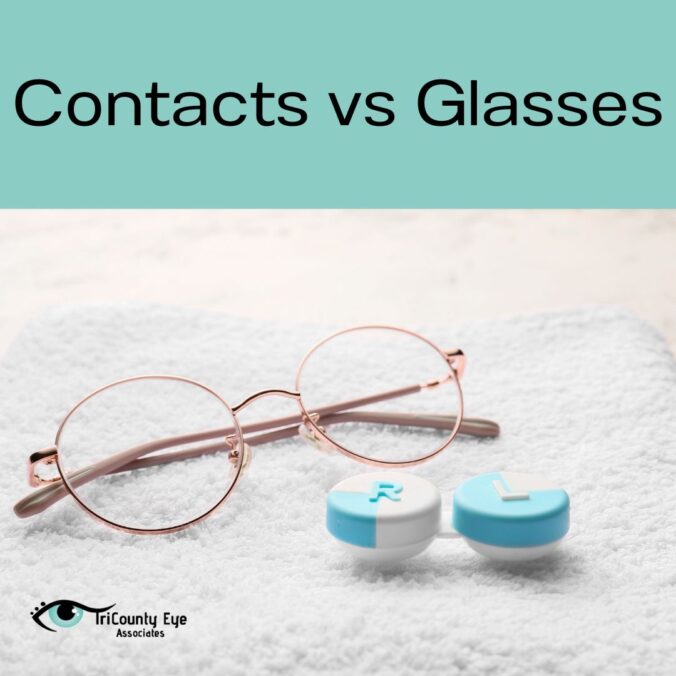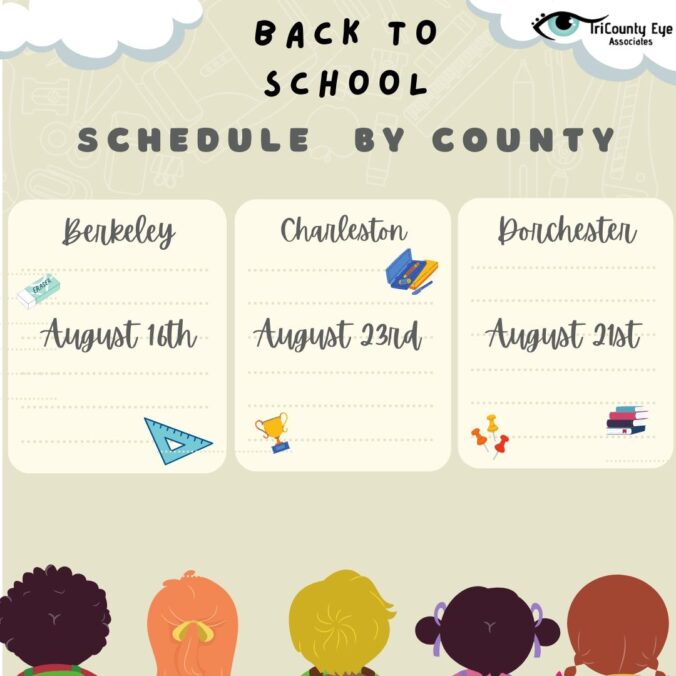Diabetes affects 11.3% of the United States population. That is around 37.3 million people. According to the CDC 8.5 million people who have diabetes, haven’t been diagnosed yet. With these high numbers, we wanted to bring some attention to how diabetes can affect your eye’s.
When someone has diabetes, there are a group of eye problems that can affect them. This group of problems is called diabetic eye disease.
What is Diabetic Eye Disease?
If you have diabetes, over time the disease can damage your eyes. It can cause poor vision or even blindness in extreme cases. Some of the conditions that are known to affect people with diabetes are:
- Diabetic Retinopathy – this is when blood vessels in the back of the eye can weaken, bulge or leak into the retina. If it worsens, some blood vessels an even close off.
- Diabetic Macular Edema – this is when diabetes causes swelling in the macula (part of your retina) and the swelling can cause partial vision loss or blindness.
- Cataracts – this is when the lens of your eye becomes cloudy. This can happen in younger people who have diabetes.
- Glaucoma – this refers to a group of eye diseases that damage the optic nerve. Diabetes doubles the changes of having glaucoma.
It is possible to prevent diabetic eye disease if you catch the issue early. The best way to keep your diabetes from affecting your eyes is to manage it well. Some ways you can manage your diabetes is to:
- Manage your blood glucose, blood pressure and cholesterol.
- Quit smoking
- Have a dilated eye exam every year
In some cases, you won’t be able to tell eye damage is occurring, so it is important to get a yearly dilated eye exam so an eye doctor can identify damage before the symptoms start.
How does diabetes affect your eyes?
The biggest issue for your eyes when you have diabetes, is when your blood glucose stays high over longer periods of time. If this occurs, it can damage the small blood vessels in the back of your eyes. This damage can start during pre diabetes, when blood glucose is higher than it usually is but not so high that you are diagnosed. Damaged blood vessels can leak fluid that causes swelling in your eye.
What are some of the symptoms?
In many cases there are no early symptoms of diabetic eye disease. When there are symptoms they can include:
- frequently changing vision
- poor color vision
- flashes of light
- blurry or wavy vision
- dark areas or vision loss
- spots or dark strings (floaters)
Is there treatment?
An eye doctor will perform a dilated eye exam in order to diagnose you with diabetic eye disease. This is the only way to know for sure.
Once diagnosed, you and your eye doctor will determine the best course of action to treat your symptoms. In many cases, this will be primarily to manage or control your diabetes. If you can focus on keeping your blood glucose as a normal level, this will help tremendously with your eye health.
In other circumstances there may be a medicine, laser treatment or even surgery needed to help you gain your vision back.
Bottom Line
At the end of the day, we want to encourage you to own your health. Focusing on healthy lifestyle habits can go a long way with managing diabetes, or diabetic eye disease.
Regular doctor appointments, including Eye Exams will help to identify issues early so you can hopefully ward off any damage later in life.



